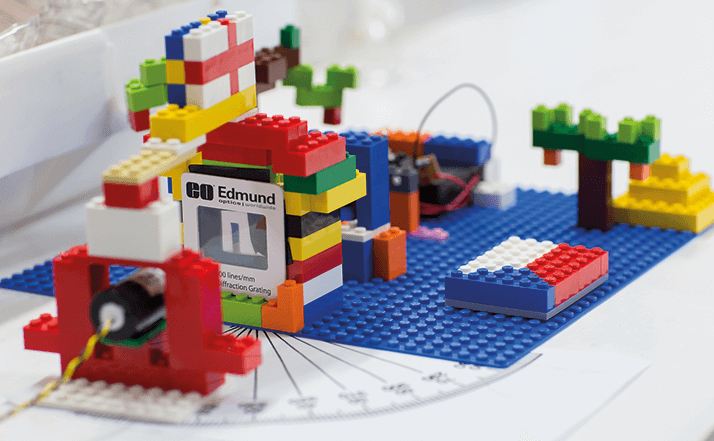A cheap smartphone accessory that can perform a multiplexed ELISA assay in just 15 minutes, without the need for lab equipment, has been developed by US researchers (Figure 1). Is there anything smartphones can’t do? We spoke to Tassaneewan Laksanasopin of Columbia University, US, and first author of the associated paper (1).

Why a smartphone?
We wanted to develop a relatively cheap, easily available technology to provide diagnostics at the point of care. Smartphones are widely accessible, and can be used as both a processor and a user interface to help keep the cost of the technology low.How does it work?
It can replicate all mechanical, topical and electronic functions needed for a full, laboratory-quality immunoassay, without needing any stored energy – all the necessary power is drawn from the smartphone via the audiojack. The assay is multiplexed and can detect three infectious disease markers not currently available in a single test: HIV antibody, treponemal-specific antibody for syphilis, and non-treponemal antibody for active syphilis infection. The test is carried out inside a microfluidics cartridge the size of a credit card, and the results appear on the screen of your phone – all you need is a finger prick of blood and the test can be done in 15 minutes (watch the video online at Click Here).
How could it affect infectious disease management in developing countries? Early diagnosis and treatment of sexually transmitted diseases in pregnant mothers can greatly reduce adverse consequences to both mothers and their babies but currently, these tests are not all done at the first visit to the clinic. Our multiplexed test can simplify the workflow for healthcare workers and ensure diagnosis happens fast for patients. The dongle could have a broad range of users because it is simple and user-friendly – it can allow almost any population with a smartphone to access lab-based diagnostics at the point of care.
What’s next?
We are hoping to conduct a larger-scale trial of the technology, obtain World Health Organization approval, and get the device to market in the next few years. We are also exploring how we might adapt our technology for consumer health in developed countries too.References
- T Laksanasopin et al., “A smartphone dongle for diagnosis of infectious diseases at the point of care”, Sci Tranl Med, 7, 273re1 (2015). PMID: 25653222.




